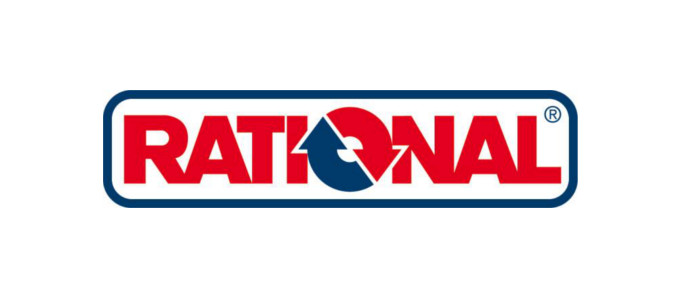The California Sustainable Winegrowing Alliance (CSWA) has launched a new video series to highlight case studies on energy efficiency and other sustainable winegrowing practices.
The first four videos can be viewed by Clicking Here, and cover efficient refrigeration, pipe insulation, aerator systems, and variable frequency drives for pumps that are being employed by Jordan Vineyard & Winery, Korbel Champagne Cellars, and Imagery Estate Winery. The fourth video covers planning and building an energy efficient winery at LangeTwins Family Winery & Vineyards.
“Through sustainability we are promoting the adoption of good winegrowing practices that deliver beneficial outcomes for business profitability, the environment and our communities, and peer-to-peer exchange of information has proven to be an effective way for growers and vintners to learn about these practices,” said Allison Jordan, executive director of the California Sustainable Winegrowing Alliance. “The videos feature California winery and vineyard professionals who provide details on using the practices and the cost and energy savings from installing new, efficient equipment.”
A new video will be posted at the beginning of each month so viewers can check back on the CSWA website often to learn about additional case studies on effective peer practices. Upcoming videos will cover the benefits of using solar thermal, measuring and tracking resource use to increase sustainability, employee incentives to promote sustainability throughout the organization, among other topics.
The collaboration that began in the fall of 2005 between CSWA and Pacific Gas and Electric Company (PG&E) led to the development of workshops and educational materials focused on energy conservation and efficiency for California wineries and vineyards. In 2008, the workshops were expanded to include green building design, climate protection through reduction of greenhouse gas (GHG) emissions from energy use, and winery process water and related energy. These workshops provided participants with information on PG&E rebates and incentives, while introducing a variety of PG&E online resources and tools to help reduce energy use and thereby improve the sustainability of their operations.
“PG&E commends California’s vintners and growers for their continued progress in adopting energy efficiency improvements,” said Tom Wilson, manager of customer energy solutions for PG&E. “Their commitment to preserving the environment and ensuring that their industry remains viable for generations to come is a valuable contribution to lowering emissions and fighting climate change.”
The collaboration between CSWA and PG&E has been effective. Since the fall of 2005, the two organizations have held 45 energy management workshops attended by more than 1,300 wine industry members from PG&E’s service area. During this period, PG&E recorded an increase in the number of annual energy-efficiency projects at California wineries and vineyards. Since 2001, 520 energy-efficiency projects resulted from 350 California wineries receiving about $37.6 million in PG&E rebates, saving over 200,000 megawatt hours (MWh) of electricity and more than 4,000 therms of natural gas. This has resulted in eliminating more than 76,990 tons of carbon dioxide emissions, the equivalent of removing 12,918 cars off the road for one year
Energy efficiency is one of 14 sustainable winegrowing areas that CSWA promotes through its Sustainable Winegrowing Program and Code of Sustainable Winegrowing Practices self-assessment workbook that addresses 227 best practices. In its 2009 Sustainability Report, CSWA reported marked improvement of Energy Efficiency scores since the 2004 baseline report, with vineyards increasing average scores in 7 out of 7 energy efficiency practices and vintners increasing average scores in 7 out of 10 criteria. Click Here to download the report.
CSWA is a San Francisco-based 501(c)3 nonprofit organization incorporated in 2003, created by Wine Institute and the California Association of Winegrape Growers to promote the benefits of sustainable winegrowing practices, enlist industry commitment and assist in implementing its sustainable winegrowing program.







